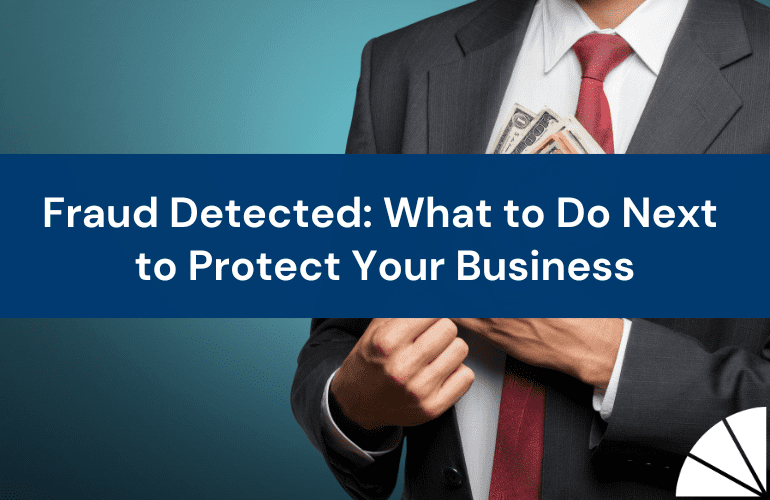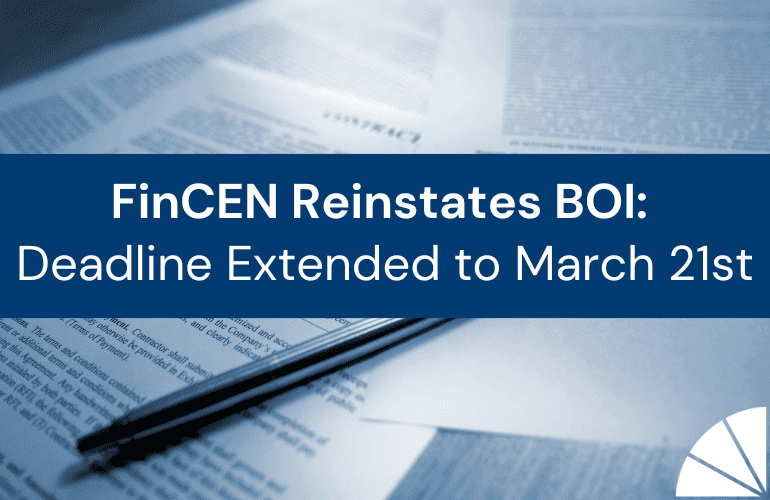
From online retailers to digital service providers, many companies find themselves doing business in another state. But what exactly is the legal definition of “doing business in another state.” This can be a complex question and the answer may vary state to state. Once you’ve determined you’re doing business in another state, its important to understand the tax considerations related to your business.
LGA tax managers Donna Martin and Christina Soini provide an overview of steps business owners should consider when it comes to doing business across state lines.
—
Full Transcript
[Donna] Hello, I’m Donna Martin, a tax manager here at LTA.
[Christina] And my name is Christina Soini and I’m also a tax manager here at LGA today.
[Donna] Here we’re here to talk to you a little bit about tax considerations when doing business in another state.
[Christina] So the first step is obviously just determine if the work you’re performing constitutes doing business in that state. Then how it then we’ll go about doing that.
[Donna] So doing business in another state can be a very complex question since each state has their own rules. The answer is it depends. So it depends on which state you’re wanting to do business in. Do you have employees in that state? Um, what are your sales in that state? What are you selling? Are you selling tangible products? Are you selling online or are you selling services? So gathering the facts is a crucial point in determining (indecipherable).
[Christina] The Wayfair case last year was obviously a big case for the States. How did that impact state exposure?
[Donna] Before Wayfair, you had to have a physical presence in the state to be considered doing business. With Wayfair, the Supreme court. Overruled and added what they called an economic standard to that, uh, doing business.
[Christina] What exactly does economic nexus mean?
[Donna] So economic nexus means the standard put in place with a certain number of sales or a number of transactions. So for example, South Dakota, if you have 100,000 of sales transactions or 200 individual transactions, then you’re considered doing business and you probably should be paying and collecting sales tax and income tax.
[Christina] So someone thinks they have a presence in a state, what else might they need to know or consider.
[Donna] If you’re doing business in another state, you’re probably registering with a secretary of state. You’re doing your annual and filing and fees there. If you have employees are probably paying payroll tax. If you have property in the state, you probably are filing property tax returns. In addition, there is also some other taxes, franchise tax of course receipts tax that you could also be exposed to.
[Christina] There’s obviously a lot to think about when doing business in a state and beforehand. Do you have any final thoughts or recommendations?
[Donna] Final thoughts is do your homework. You want to make sure that doing business in the state, is meeting your business needs. So if you’re wondering how much it’s costing you, do a cost study. Have process, procedures in place so when the question arises, do you know what to do? And as your tax advisors or other experts, we’re here to help.
—
If you have questions about the doing business out of state, the team at LGA is here to help. Contact us today.





